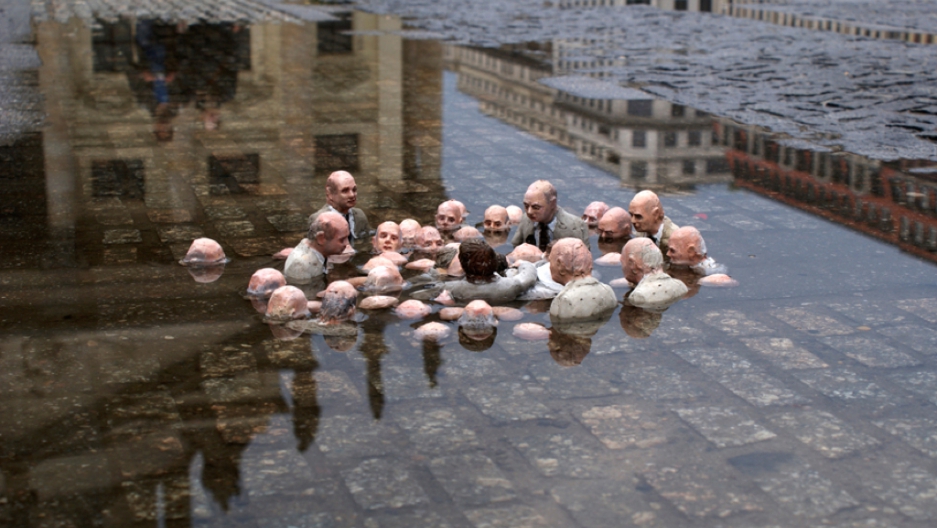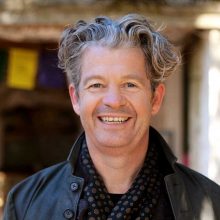One or other generation will inevitably be the last humans on earth, and despite our resistance to contemplating such a scenario, there is no reason that couldn’t be us.
We might naturally hope for a long, happy and healthy life (and do all we can in support of that) but you or I may die any day now. Whatever our hopes, it is just as ‘natural’ to die from accident, injury or illness as it is to die of ‘old age’. To live and die is the way of things, regardless of the time or circumstance of our demise. We are not born with a multi-decade guarantee.
So too then, for our collective life on Earth. We are born to cherish life, and we long for human flourishing – and that of other species – to stretch long into the future. We would want our children, and theirs, and theirs, and theirs, to live in peace and harmony and happiness. And yet, they may not get that chance. We may have already reached ‘peak human’. We may have already dug our own graves, may have cut too much forest, burned too much oil, destroyed too much of the earth, for our planet to keep the delicate balance needed for human survival, at least in such numbers or with such societal infrastructure as we have hitherto enjoyed.
When I say ‘we’, it’s not all of us of course. A small number disproportionately consume our planetary resources (recent billionaire space-trippers, I’m looking at you), although many of us, especially from the ‘developed countries’ of the industrialised global North live far beyond a sustainable ecological footprint. Not that I’m blaming us, either. We share the inbuilt human tendency to consume, build, grow, take. Human nature is rapacious. When 2500 years ago, Buddha identified Greed, Hatred and Delusion as the 3 poisons that run the world, he was already foreseeing how those forces would lead us, almost inevitably, to our present situation. Who is to blame is much less important than how we are to respond.
Something has to give. Habits of consumption, individual and corporate greed, the machine of capitalism, the insulated privilege of the few at the expense of the many, these are all profoundly unsustainable. Radical change is inevitably coming, voluntarily or not. What we have come to know as normal, has to collapse. Is collapsing.
“Weird that we’re all gonna experience climate change as a series of short, apocalyptic videos until eventually it’s your phone that’s recording.”
Historians have shown that as previous civilisations have floundered and fallen, they have exhibited familiar symptoms: Wealth and Power consolidates, inequality increases, people become more selfish, politics get more distorted, polarised and dysfunctional.

Isaac Cordal’s sculpture in Berlin, “Politicians discussing global warming” (pictured above), was made a decade ago in 2011. We’ve collectively known for so long that this is where we’re headed, and we’ve so far proven incapable of changing course.
Might we still? How might you and I live differently? How to love a world in collapse? How to cherish life when it is ebbing away? How to be a voice, and a force, for love and wisdom, amidst the fear, denial and conflict that characterise times of collapse?
Maybe we can find, and know, a hope beyond healing; a love of life right in the jaws of death, as in WS Merwin’s line: “On the last day of the world, I would want to plant a tree.”

